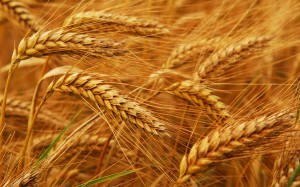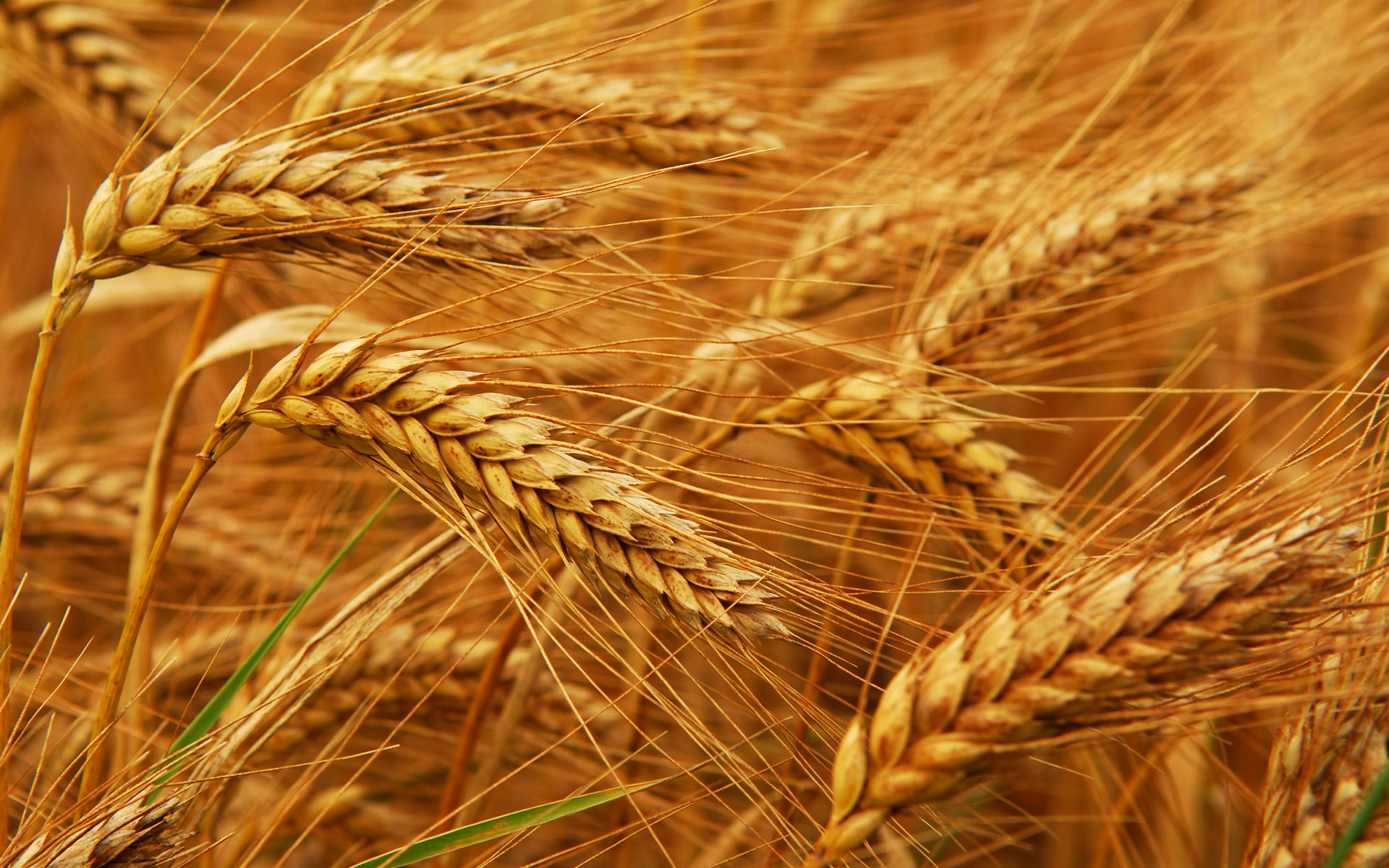by Jayson Lusk and Henry I. Miller • The New York Times
 THREE crops — corn, soybeans and wheat — account for a vast majority of the value of America’s agricultural crop output. But wheat is different in one important respect. While more than 90 percent of the nation’s corn and soybean acres are now planted with seeds genetically engineered to resist insects, herbicides or both, there is not a single acre of genetically engineered wheat being grown commercially in the United States.
THREE crops — corn, soybeans and wheat — account for a vast majority of the value of America’s agricultural crop output. But wheat is different in one important respect. While more than 90 percent of the nation’s corn and soybean acres are now planted with seeds genetically engineered to resist insects, herbicides or both, there is not a single acre of genetically engineered wheat being grown commercially in the United States.
Wheat farmers have suffered as a result, as have consumers of bread and pasta, who have been paying higher prices than they might have because fewer and fewer acres are planted in wheat. Without the benefits of the newer molecular techniques of genetic engineering, the nation’s wheat industry will continue to struggle against other commodities that have adopted biotechnology, and against the drought conditions out West. All of this is happening as the planet’s population increases and global wheat demand expands in response.
Why has wheat lagged behind? One reason is that, back in the mid-1990s, corn and soybean farmers avidly embraced the nascent biotechnology revolution, snatching up new, genetically engineered seed varieties. But wheat farmers balked at the potentially higher prices of these new seeds and feared that anti-genetic engineering views held by some of our trading partners would hurt exports.
Today, it’s easy to see why corn and soybean farmers made the switch. Crop yields have increased and farmers have been able to reduce their use of chemical insecticides and shift to less toxic herbicides to control weeds. They’ve also made more money. Over the same period, the amount of land planted in wheat has dropped by about 20 percent, and although yields have increased, productivity growth has been lower than for the crops genetically engineered with molecular techniques.
Monsanto recently said that it had made significant progress in the development of herbicide-tolerant wheat. It will enable farmers to use more environmentally benign herbicides and could be ready for commercial use in the next few years. But the federal government must first approve it, a process that has become mired in excessive, expensive and unscientific regulation that discriminates against this kind of genetic engineering.
The scientific consensus is that existing genetically engineered crops are as safe as the non-genetically engineered hybrid plants that are a mainstay of our diet. The government should be encouraging and promoting these technologies.
How does wheat differ from the other commodity crops, and why does it matter? Much of our domestically produced corn and soybeans are fed to animals or made into ethanol, while most wheat is consumed by humans as bread or pasta. This is why there were fears that genetically engineered wheat would suffer as an export crop. The European countries and Japan have traditionally imported about 15 percent of our wheat exports. But they have also been antagonistic to genetically engineered crops and food derived from them.
As a result, wheat farmers missed out on perhaps the most important benefit of genetic engineering: the development of crops that can survive droughts or grow with lower-quality water. Those attributes would go a long way to improving wheat yields and making the crop more attractive to farmers.
Much of the nation’s wheat crop comes from a section of the central plains that sits atop the Ogallala Aquifer, which is rapidly being depleted. The direst warnings suggest that at current rates of use, in 50 years only 30 percent of its water will remain. Farmers who have relied on the aquifer may face tougher restrictions on use or be forced to change their farming practices.
The severe drought that has parched the region over the past few years has accelerated the aquifer’s depletion. Although conditions have recently improved somewhat, during the last growing season for winter wheat, much of the region was still in severe drought.
New crop varieties that grow under conditions of low moisture or temporary drought could increase yields and lengthen the time farmland is productive. Varieties that grow with lower-quality water have also been developed.
In Egypt, for example, researchers showed a decade ago that by transferring a single gene from barley to wheat, plants are able to tolerate reduced watering longer. This variety requires only one-eighth as much irrigation as conventional wheat and can be cultivated with meager rainfall alone. This is what wheat farmers need.
Monsanto, the world’s leader in agricultural genetic engineering, scrapped its effort to modify wheat in 2004, in part because of opposition from North American grain merchants and growers worried that some major foreign countries would reject imports of all American wheat. Since then, many growers and millers have reconsidered and now want access to genetically engineered varieties with resistance to pests, disease, frost and drought.
While some importing nations are skeptical of — or hostile to — genetic engineering, others, like China, Brazil, Indonesia and some in sub-Saharan Africa, are deeply concerned about their food security and have only limited opportunities for growth in domestic production. They should be receptive to genetically engineered wheat.
Given the importance of wheat and the confluence of tightening water supplies, drought, a growing world population and competition from other crops, we need to regain the lost momentum. To do that, we need to acquire more technological ingenuity and to end unscientific, excessive and discriminatory government regulation.
. . . . . . . . . . . . . . . .
Jayson Lusk is a professor of agricultural economics at Oklahoma State University and the author of “Food Police: A Well-Fed Manifesto About the Politics of Your Plate.” Henry I. Miller, a physician and a fellow at the Hoover Institution, is co-author of “The Frankenfood Myth: How Protest and Politics Threaten the Biotech Revolution.”
